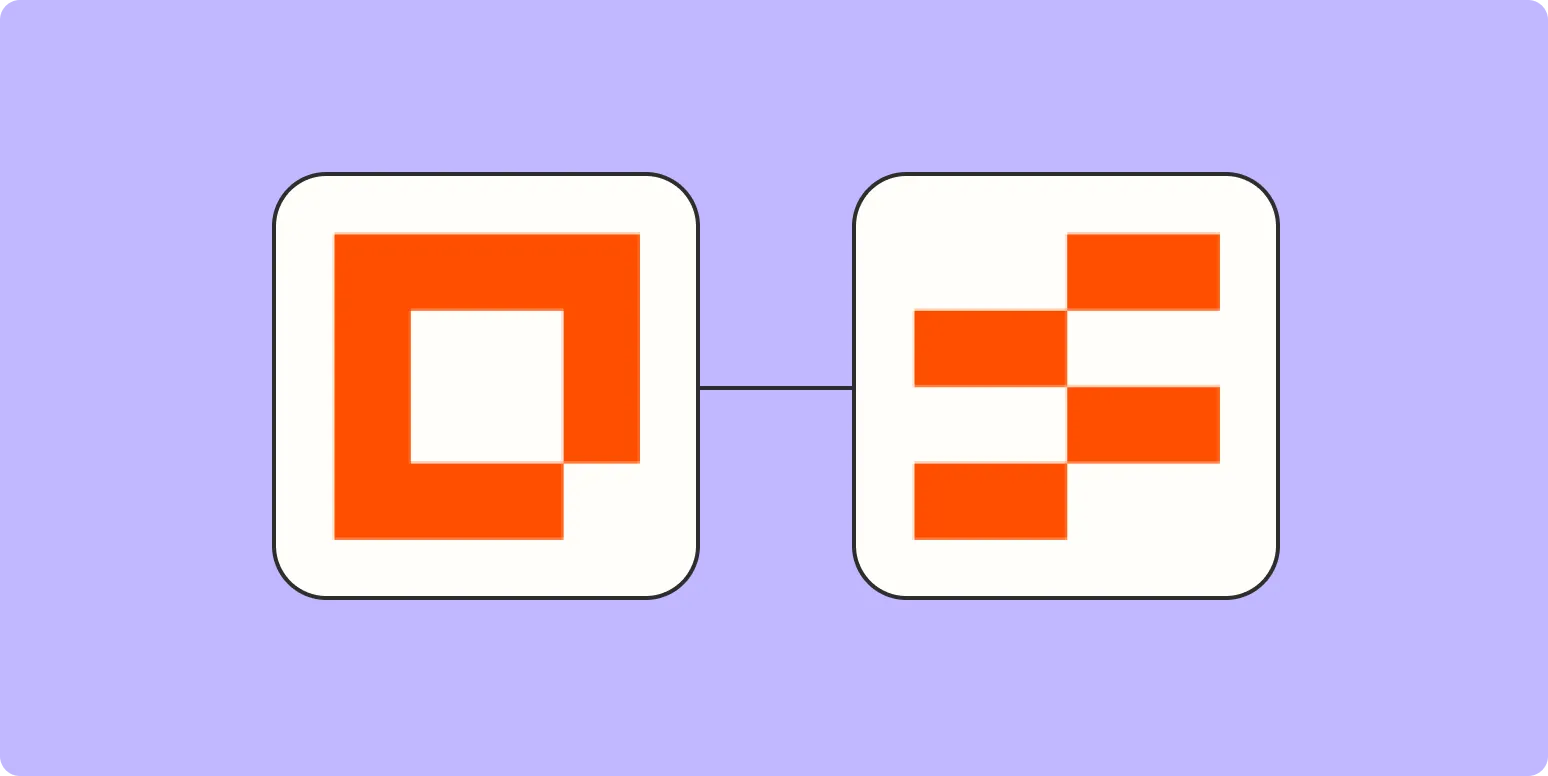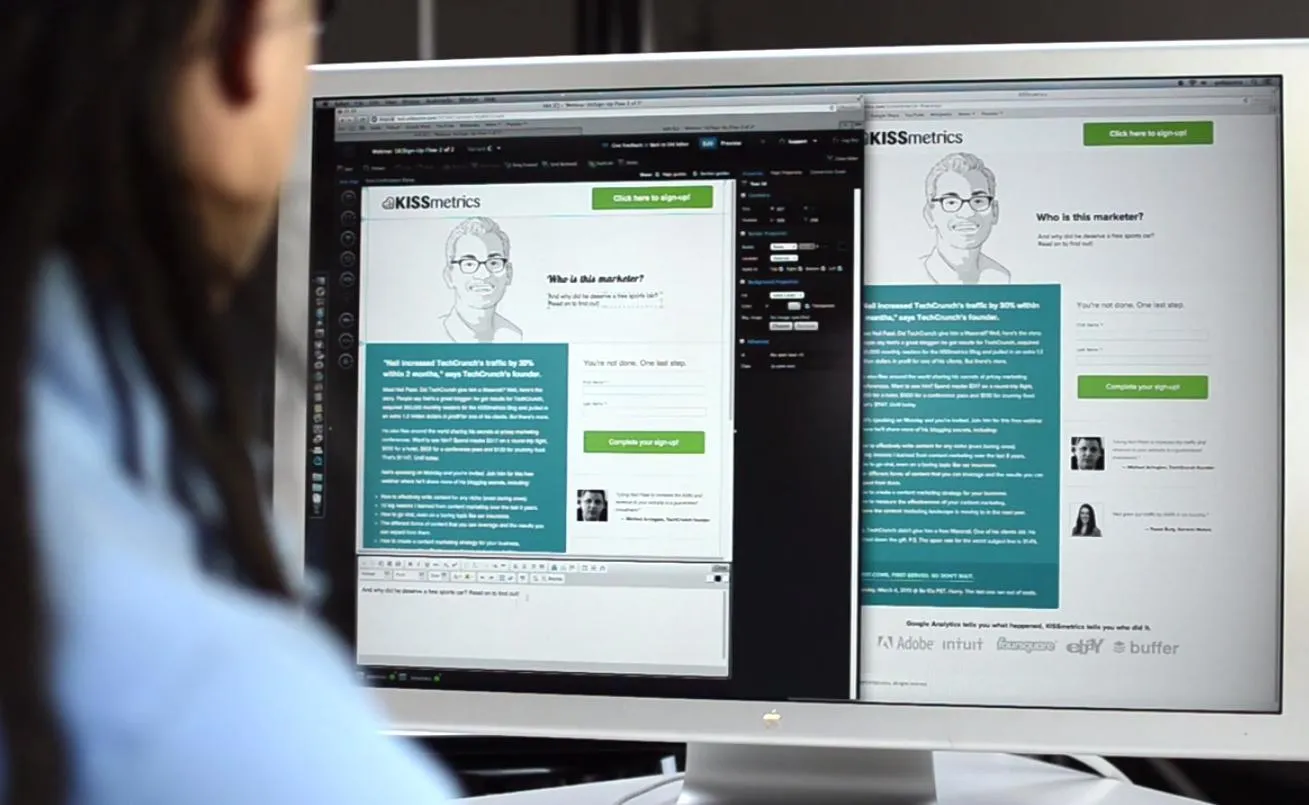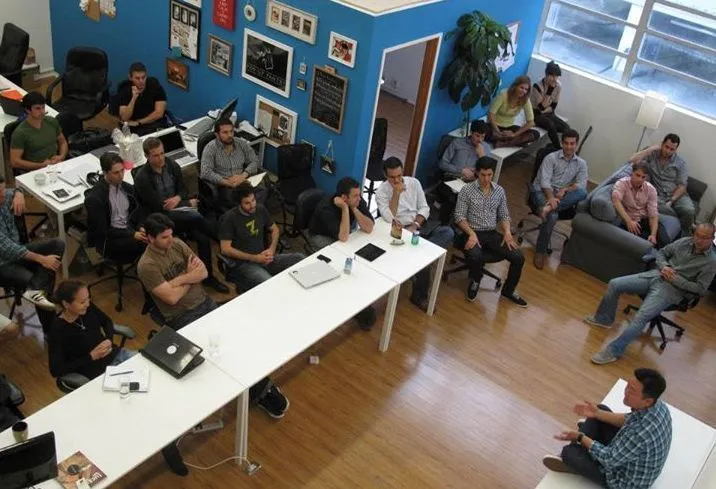Setting up a team operations portal can streamline your workflows and enhance collaboration among team members. Using Zapier, you can create a powerful integration that connects different apps, making it easier to manage tasks, projects, and communication. This article will guide you through the process of setting up a team operations portal with Zapier, focusing on how to effectively utilize the ''referrerAdCreative'' functionalities. We will discuss the essential steps, tools, and best practices to ensure your portal is efficient and effective.
Step 1: Define Your Goals
Before diving into the technical setup, it’s crucial to define the goals of your team operations portal. Ask yourself the following questions:
- What specific tasks do I want to automate?
- Which team members will be using the portal?
- What apps do we currently use that need integration?
Having a clear understanding of your goals will help you select the right tools and integrations for your ''referrerAdCreative'' needs.
Step 2: Choose the Right Tools
Zapier allows you to connect thousands of apps, but it’s essential to choose the ones that best fit your team’s operations. Consider the following tools:
| Tool | Purpose |
|---|---|
| Trello | Task and project management |
| Slack | Team communication |
| Google Sheets | Data tracking and analysis |
| Asana | Project planning and tracking |
| Mailchimp | Email marketing and campaigns |
By integrating these tools, you can create a well-rounded operations portal that enhances productivity and collaboration. Make sure to assess how each tool can support your ''referrerAdCreative'' campaigns.
Step 3: Create Your Zapier Account
To start building your team operations portal, you need a Zapier account. Follow these steps:
- Visit the Zapier website and sign up for an account.
- Select a pricing plan that fits your needs. Zapier offers a free tier with limited features, which might be sufficient for small teams.
Step 4: Build Your First Zap
Once your account is set up, it’s time to create your first Zap. A Zap is an automated workflow that connects your apps. Here’s how to do it:
- Click on the “Make a Zap” button on your dashboard.
- Choose a ''Trigger App''. For example, select Trello if you want to create a new card when a task is assigned.
- Set the trigger event, such as “New Card Created.” Follow the prompts to connect your Trello account.
- Next, choose an ''Action App''. For instance, you can select Slack to notify your team when a new card is created.
- Customize the action by filling out the required fields and test the Zap to ensure it works correctly.
Repeat this process to create additional Zaps that support your team operations, especially focusing on the ''referrerAdCreative'' aspects.
Step 5: Integrate with ReferrerAdCreative
Now that you have a basic setup, it’s time to integrate ''referrerAdCreative'' functionalities into your portal. This can involve tracking ad performance, managing creative assets, or automating reporting. Here’s how:
- Identify your ''referrerAdCreative'' needs. For example, do you want to pull metrics from an advertising platform?
- Create a Zap that pulls data from your advertising tool (like Google Ads) and pushes it to a Google Sheet for analysis.
- Set up automated alerts in Slack whenever your ad performance drops below a specific threshold.
By integrating these functionalities, you can ensure that your team stays informed and can make data-driven decisions quickly.
Step 6: Test and Optimize
After setting up your portal, it’s essential to test all integrations and workflows. Conduct thorough testing to identify any issues or bottlenecks. Gather feedback from team members on usability and efficiency. Based on this feedback, optimize your Zaps and improve the overall functionality of your team operations portal.
Step 7: Train Your Team
Once everything is in place, it’s time to train your team on how to use the new portal effectively. Consider the following training methods:
- Conduct a live demonstration of the portal’s features.
- Create written documentation or video tutorials for reference.
- Encourage team members to ask questions and provide support during the transition.
By ensuring your team is well-trained, you can maximize the benefits of your team operations portal and its integration with ''referrerAdCreative''.
Conclusion
Setting up a team operations portal with Zapier can significantly enhance your team’s productivity and collaboration. By following these steps and focusing on integrating ''referrerAdCreative'' functionalities, you will create a robust system that supports your team’s goals. Remember to continuously test, optimize, and train your team to ensure the portal remains effective and relevant to your needs.





